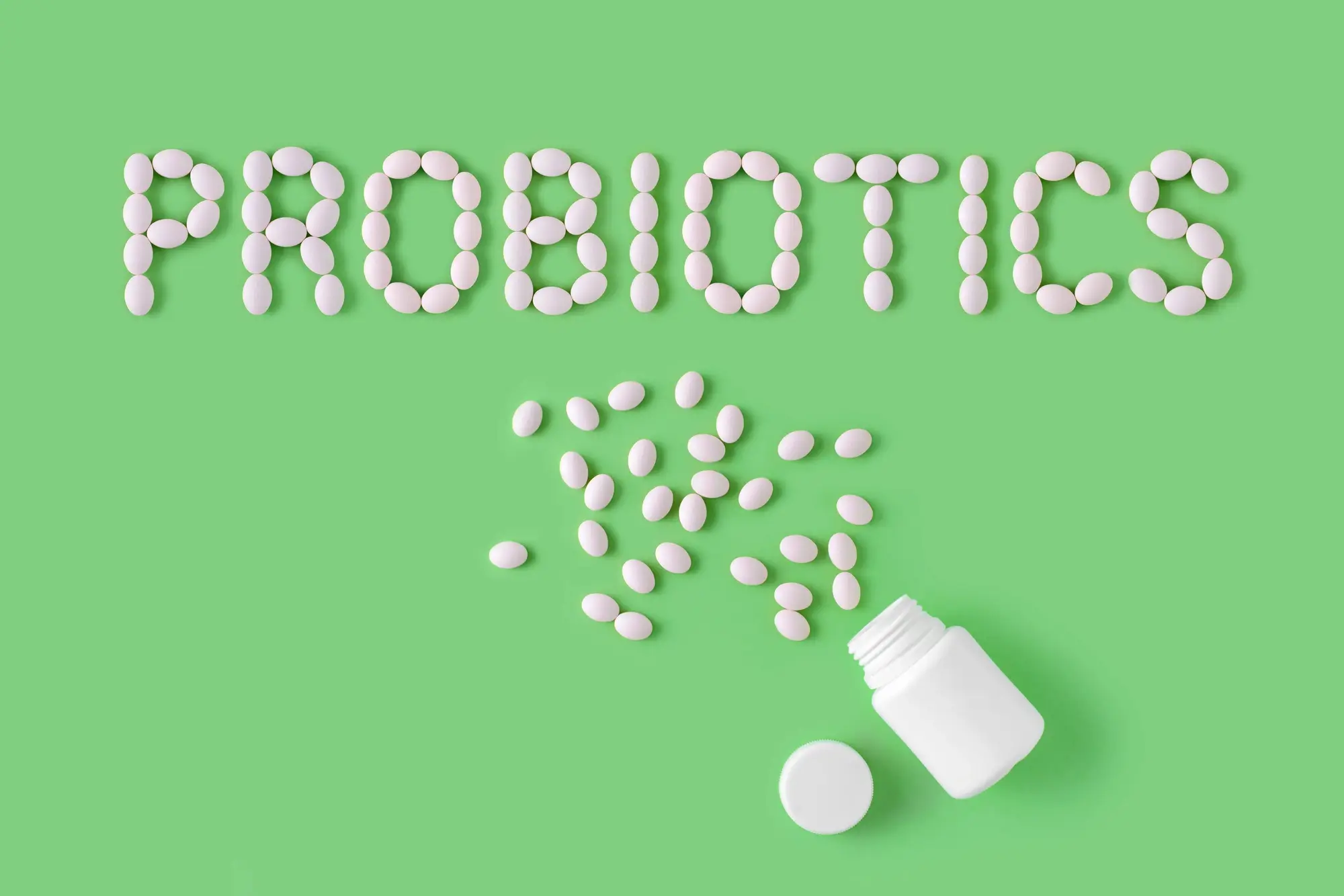A Guide to the Different Types of Skin Probiotics

Has your skin been going through a rough patch recently? Are you finding that your skin is in a suboptimal state?
If this is the case, then you may want to look into skin probiotics. But what types of probiotics are there, and how do they work?
This guide will outline everything that you need to know about the different probiotic types and how you can use them to improve your skin. Read on to learn!
Lactic Acid Bacteria
Lactic acid bacteria are some of the best probiotics for skin health. These beneficial microbes occur naturally on human skin and help keep skin healthy by creating an acidic environment that helps guard against potential pathogens. They also produce lactic acid, which helps to:
- Break down dead skin cells
- Moisturize the skin
- Protect against environmental stressors
- Promote healthy bacteria populations
Bifidobacterium
Bifidobacterium helps to balance the microbiome that lives on the skin, which in turn helps to keep the skin hydrated. It promotes skin healing and protection and reduces the appearance of wrinkles and other signs of aging.
It also helps to boost the skin’s natural defenses against bacteria, viruses, and other harmful organisms. The most common types of Bifidobacterium include:
- Bifidobacterium longum
- Bifidobacterium breve
- Bifidobacterium infants
- Bifidobacterium bifidum
- Bifidobacterium lactis
- Bifidobacterium thermophilum
- Bifidobacterium lactobacillus
Each of these species of Bifidobacterium plays a unique role in promoting healthy skin and boosting the immune system. In addition, they all can be taken as probiotic supplements or added to skin care products to enhance their effectiveness.
Streptococcus
A variety of streptococcus strains have been studied, with findings that suggest that their use can benefit skin health. Different types of skin probiotics Streptococcus include:
Streptococcus Epidermidis
It is one of the most important bacteria found on human skin. It is a Gram-positive coccus that is highly resistant to antibiotics and other disinfectants.
This bacterial strain provides natural protection against a variety of environmental threats. keeping the skin microbiome in balance.
Streptococcus Feacalis
These bacteria live in many parts of the body, including on the skin. They aid in skin health by providing the beneficial components for maintaining the skin’s proper moisture balance, protecting against harmful substances and microbes, and decreasing inflammation.
Streptococcus Salivarius
It’s a major contributor to the protective microbiome of the skin and can inhibit the growth of potentially pathogenic bacteria, reduce inflammation, and strengthen skin defenses.
Streptococcus Uberis
Streptococcus uberis is one of the most concerning probiotics when it comes to skin health since it has been associated with the development of a variety of skin conditions, such as eczema, psoriasis, and acne.
Learn More About Skin Probiotics Today
Overall, skin probiotics can offer an array of benefits for the skin and provide users with a new way of achieving optimal health and protection from environmental challenges.
By selecting the most appropriate type of probiotic for your individual needs, you can get the best results. Try incorporating skin probiotics into your skincare routine today for improved skin health!
Did you find this article helpful? Visit more of our blogs!
